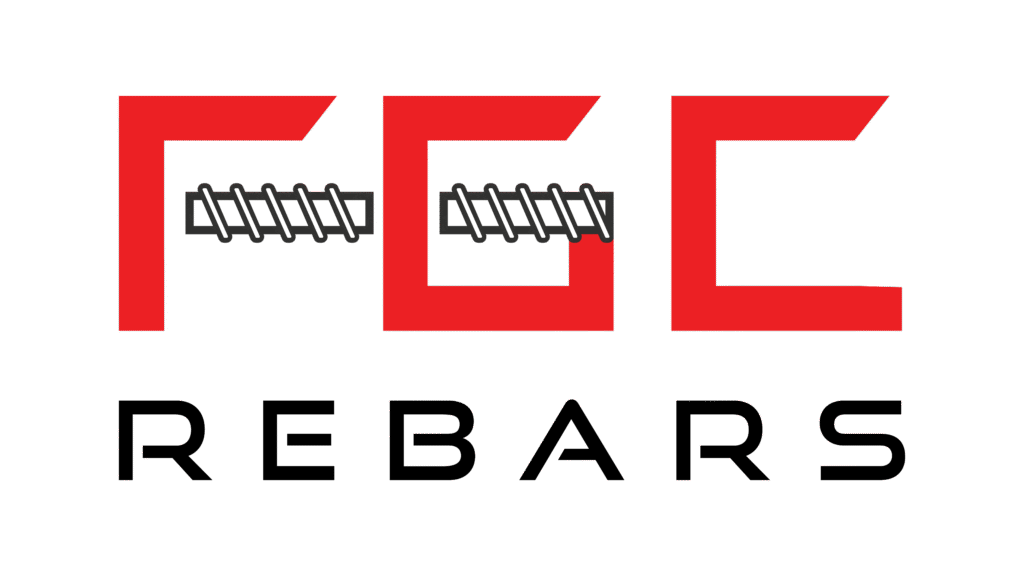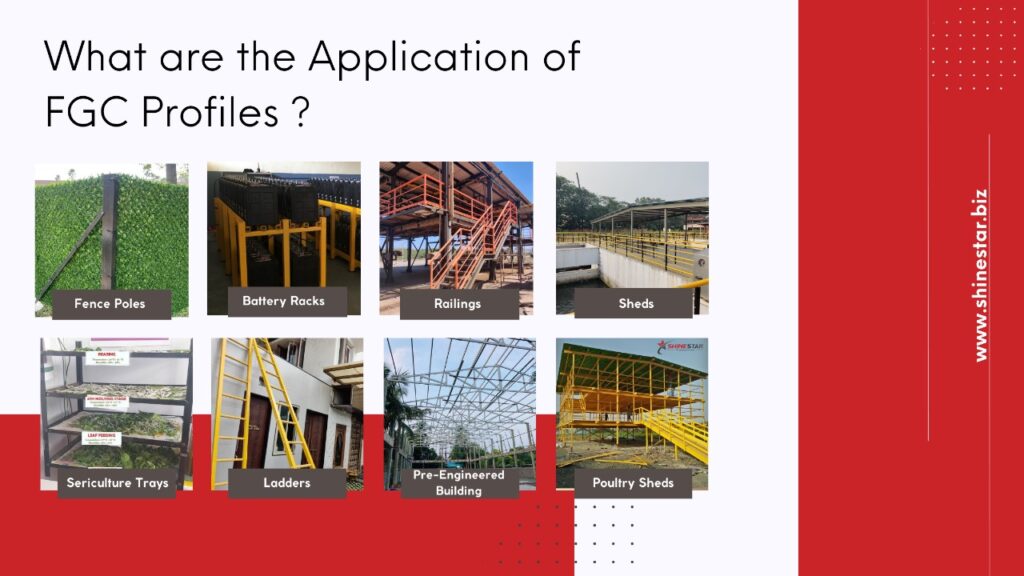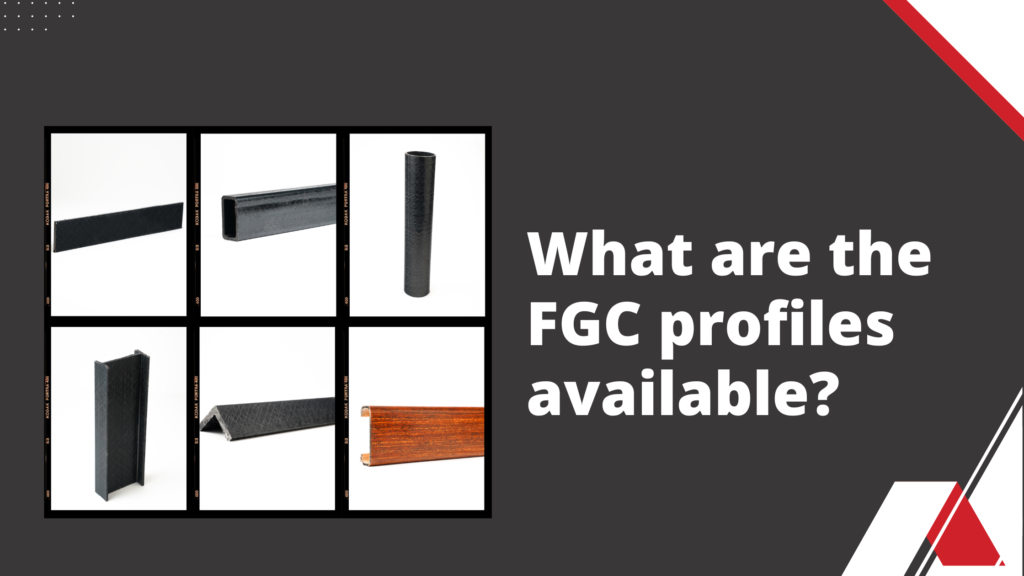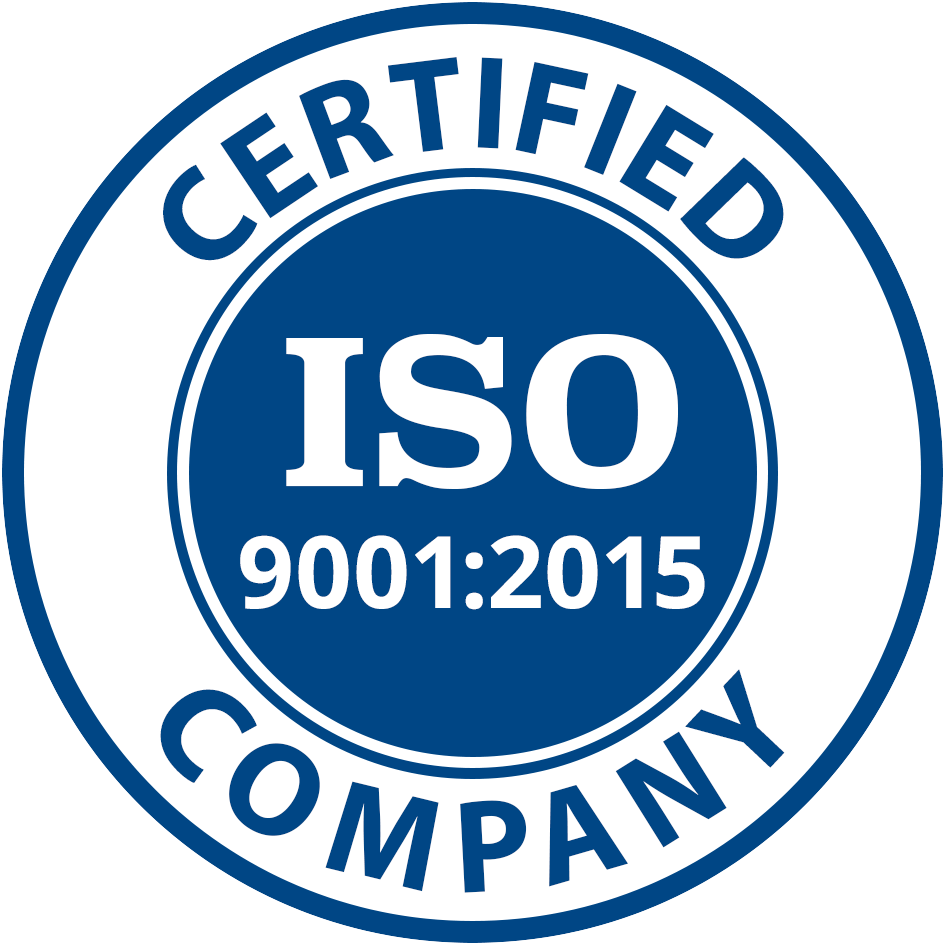Understanding the Limitations of FGC Profile
FGC Profile, short for Fiber Glass Composite, has garnered significant attention in various industries due to its impressive strength, lightweight nature, and corrosion resistance. Despite these benefits, it’s essential to understand that FGC Profile comes with limitations. In this blog, we will delve into four primary constraints: their inability to be bent on-site, the difficulty in achieving curved shapes, the starting thickness issue, and their incompatibility with oil-based paints.
-
Inability to Be Bent On-Site
One of the notable limitations of FGC Profile is that they cannot be bent or reshaped on-site. Unlike materials such as steel, which can be manipulated to fit specific contours or angles during installation, FGC Profile is manufactured to precise specifications and retains its shape.
Implications:
- Design Restrictions: This limitation means that FGC sections must be designed and manufactured to exact measurements. Any miscalculations or changes in the design plan can result in the need for completely new sections, leading to increased costs and delays.
- Installation Challenges: In situations where the installation site requires adjustments or custom fittings, the rigidity of FGC sections can pose significant challenges. This often necessitates pre-planned designs and precision engineering.
- Prefabricated Designs: If certain designs are required, manufacturing has to be done beforehand and planning has to be systematically done to get the product on time.
-
Difficulty in Achieving Curved Shapes
Another significant constraint is that FGC Profile cannot easily be formed into curved shapes, unlike metals such as steel which can be bent and shaped into curves with relative ease.
Implications:
- Limited Aesthetic Flexibility: For projects requiring aesthetic curves or intricate designs, FGC may not be the ideal material. Architects and designers often favor materials that can be molded into various shapes to achieve desired aesthetic effects.
- Functional Constraints: In certain applications where curved components are crucial for structural or functional reasons, the inability to produce curved FGC sections can be a major drawback.
-
Starting Thickness Constraint
FGC Profile typically starts at a minimum thickness of 2.5mm. This standard starting point can be a limitation depending on the projects’s requirements.
Implications:
- Weight and Bulk: For projects that require very thin, lightweight materials, the minimum starting thickness of 2.5mm can result in sections that are heavier and bulkier than desired.
- Design Limitations: In applications where finer, more delicate structures are needed, the inability to go below this thickness can be a significant design constraint, potentially limiting the material’s use in high-precision engineering projects.
-
Incompatibility with Oil-Based Paints
FGC Profile cannot be painted with oil-based paints, which limits the finishing options for these materials.
Implications:
- Aesthetic Limitations: Oil-based paints are popular for their durability and glossy finish. The incompatibility of FGC with these paints means that alternative coatings or paints must be used, which might not offer the same range of finishes or longevity.
- Maintenance Issues: Using alternative paints can sometimes lead to more frequent maintenance and repainting, as these may not adhere as well or last as long as oil-based options.
Conclusion
While FGC Profile offers numerous advantages, including strength, durability, and corrosion resistance, it is crucial to recognize its limitations. The inability to bend on-site, difficulty in achieving curved shapes, a starting thickness of 2.5mm, and incompatibility with oil-based paints are significant factors to consider when choosing this material for your projects. Understanding these limitations allows engineers, architects, and designers to make informed decisions, ensuring the suitability of FGC Profile for their specific applications.









